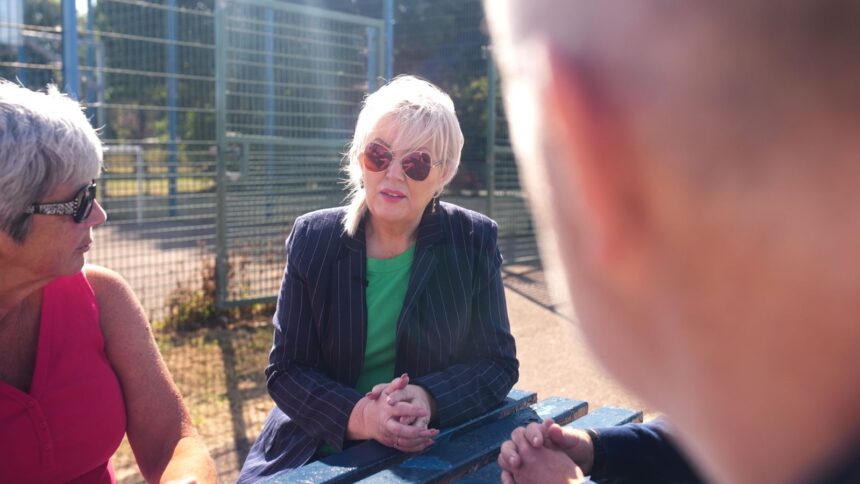He sees a dark figure setting fire to something as he glances out of his bedroom window, which looks out onto the park at the rear of his house in a peaceful, suburban area of Kent.
On a balmy summer evening, Labour is revelling in its overwhelming victory in the election. A new government has taken office for the first time in fourteen years, and it has made significant pledges to reduce crime.
Paul and his neighbors have been terrorized for the past four years by gangs that are primarily made up of teens who cause havoc in the park behind his house. He begged the council to put up security cameras, but they refused.
The burned out remains of a motorcycle were lying near the park’s entrance the following morning. The ground is littered with broken wire, nuts, and bolts, and the gate itself is damaged. A huge tree’s leaves are reddish brown from the flames.
Paul’s experience is similar to thousands of other communities across Britain who claim local authorities and police aren’t taking their complaints about anti-social behavior—which ranges from public intoxication and noise problems to vandalism—seriously enough.







